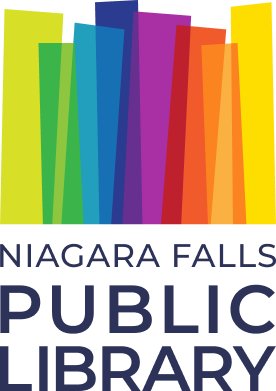Freedom to Read Week
In 2024, Freedom to Read Week began Feb. 18 and ends on Feb. 24.
Freedom to Read Week is one of the most important weeks of the year for libraries across Canada.
This annual national event aims to encourage Canadians “to think about and reaffirm their commitment to intellectual freedom,” according to the official website.
This year, one of the predominant themes of Freedom to Read Week is how to handle the near constant influx of disinformation and information manipulation that we come across in our daily lives.
Freedom to Read has posted an article about “Our Complicated History with Disinformation,” to provide readers with a brief historical background and a few tips on how to deal with it.
However, complicated issues often require more in-depth analysis and there’s no better place to do some further investigation on the subject than at the public library. Here’s a short annotated bibliography that will help jump-start your research:
“How to Win the War on Truth” by Samuel C. Spitale (Borrow)
This is the perfect book for adults who are at the beginning of their disinformation journey. It’s heavily illustrated and includes real-world examples of propaganda and fake news, many of which you’ll likely recognize, to help make sense of the issue and explore ways to take back control of all the information thrown at you everyday.
“Truth” by Tom Phillips (Borrow)
Written by the editor of Full Fact, an independent fact-checking organization in the U.K., “Truth” is a great little introduction to the history of disinformation. Many people think this issue is tied to the internet and social media, but it’s been hindering human understanding long before the advent of the World Wide Web. This historical context is both interesting and invaluable when it comes to understanding why people succumb to disinformation and how to avoid it.
“Misbelief” by Dan Ariely (Borrow)
Named a Best Science Book for 2023, this book delves into the psychological and sociological reasons behind why humans entertain and ultimately fall for disinformation. More than that though, it explains how through research, understanding, and empathy, we can fight back and solve this issue step by step, one fake news article at a time.
“Killer Underwear Invasion” by Elise Gravel (Borrow)
Teaching kids about disinformation is equally important and this book by Canadian author and illustrator Elise Gravel is a great place to start. Its quirky, fun pictures and hilarious examples will have kids (and adults) laughing while they learn about this important issue.
At the Niagara Falls Public Library, we believe in providing our customers with the tools to arm themselves against disinformation. These tools come in the form of many of the books we lend out, the research databases to which we provide access, and, perhaps most importantly, the information professionals we employ who can help sift through the rubble to find the most accurate information available.

